Sex Work Laws: What You Need to Know About Rights, Risks, and Realities
When we talk about sex work laws, the legal rules that govern the exchange of sexual services for money. Also known as prostitution laws, these rules don’t just regulate behavior—they shape who lives safely and who gets pushed into danger. In the UK, it’s not illegal to sell sex, but nearly every way to do it safely is criminalized. Renting a room, working with a colleague, advertising online, or even talking to a client on the street can land you in trouble. This isn’t about morality—it’s about survival.
These laws don’t protect people—they make them vulnerable. loitering laws, policies that let police arrest people for simply being in public spaces while suspected of sex work are used to clear streets, not reduce harm. They push sex workers into isolated areas, away from witnesses, cameras, and help. Meanwhile, criminalization of sex work, the process of turning survival work into a crime means people avoid calling the police even when attacked. Why? Because they fear being arrested instead of protected. This isn’t hypothetical. Studies from groups like the English Collective of Prostitutes show that decriminalization reduces violence by 30% or more.
It’s not just about the street. sex worker rights, the basic human rights to safety, dignity, and fair treatment under the law are ignored in hospitals, banks, and housing offices. Sex workers get turned away for care, have accounts frozen without warning, or get evicted because landlords don’t want "trouble." And yet, the same people who face this discrimination are the ones keeping themselves alive with tools like SafetyPin, multilingual safety cards, and digital payment systems designed to avoid fraud. These aren’t luxuries—they’re lifelines.
What you’ll find below isn’t theory. It’s real advice from people doing this work every day. From how to document a violent client without getting caught, to why sharing a hotel room with your partner in Dubai is legal but risky in other places, these posts cut through the noise. You’ll see how medical escorts help patients navigate care, how tour guides manage logistics, and how sex workers protect their money, their health, and their peace. None of it is glamorous. But it’s all real. And if you’re trying to understand what’s actually happening—beyond the headlines and moral panic—you’re in the right place.
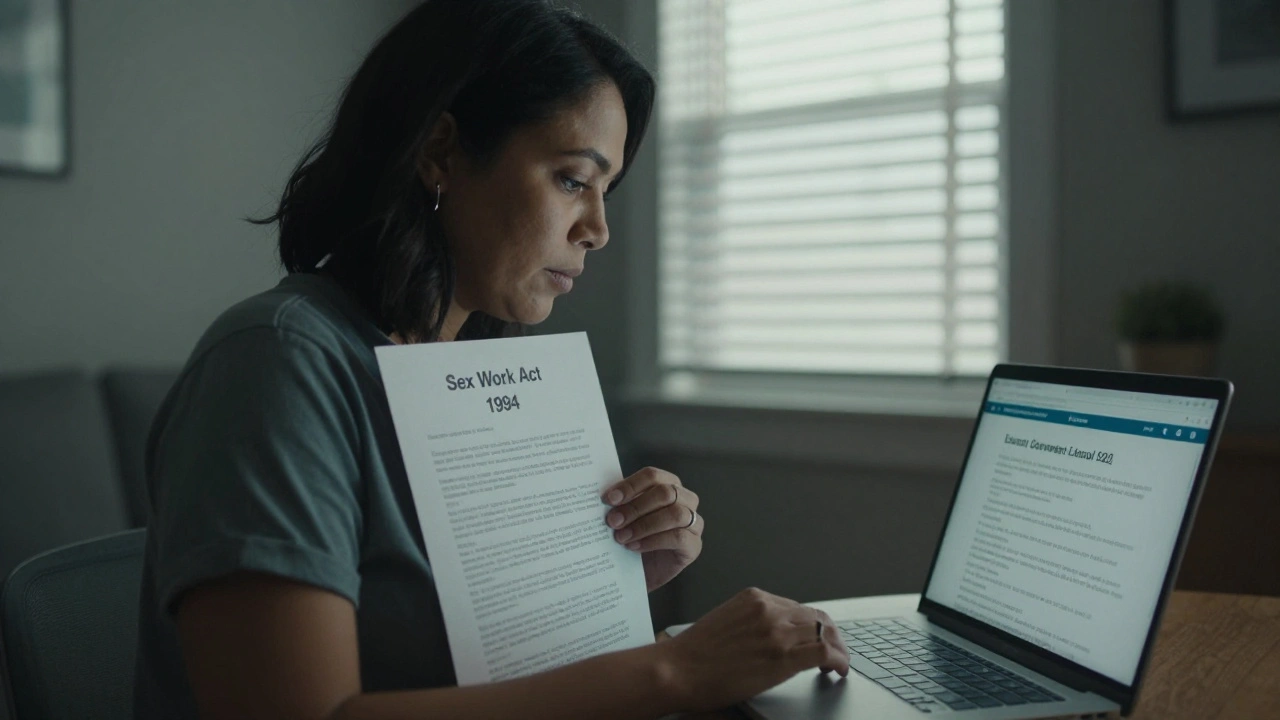
- Dec, 6 2025
- 0 Comments
How Sex Workers Can Find Legal Aid and Counsel When Working With Lawyers
Sex workers can find legal aid through advocacy groups, community legal centers, and free services that understand their rights. Learn how to identify supportive lawyers, avoid red flags, and take action when your rights are violated.
read more
- Dec, 2 2025
- 0 Comments
Sex Work Laws by State: A U.S. Overview for Workers and Advocates
Sex work laws vary wildly across U.S. states-from legal brothels in Nevada to felony charges elsewhere. This guide breaks down what’s legal, how enforcement works, and what workers and advocates need to know in 2025.
read more
- Nov, 30 2025
- 0 Comments
Advertising Restrictions Affecting Sex Work: Platform Policies and Laws
Advertising restrictions on sex work force workers offline, increasing danger and limiting income. Learn how platform policies and outdated laws impact safety, banking, and legal rights worldwide.
read more
- Nov, 27 2025
- 0 Comments
International Sex Work Laws: A Traveler’s Guide to Legal Risks and Realities
Understand sex work laws around the world before you travel. Know where it's legal, where it's dangerous, and how to avoid arrest, deportation, or worse. This guide gives real, practical facts-not assumptions.
read more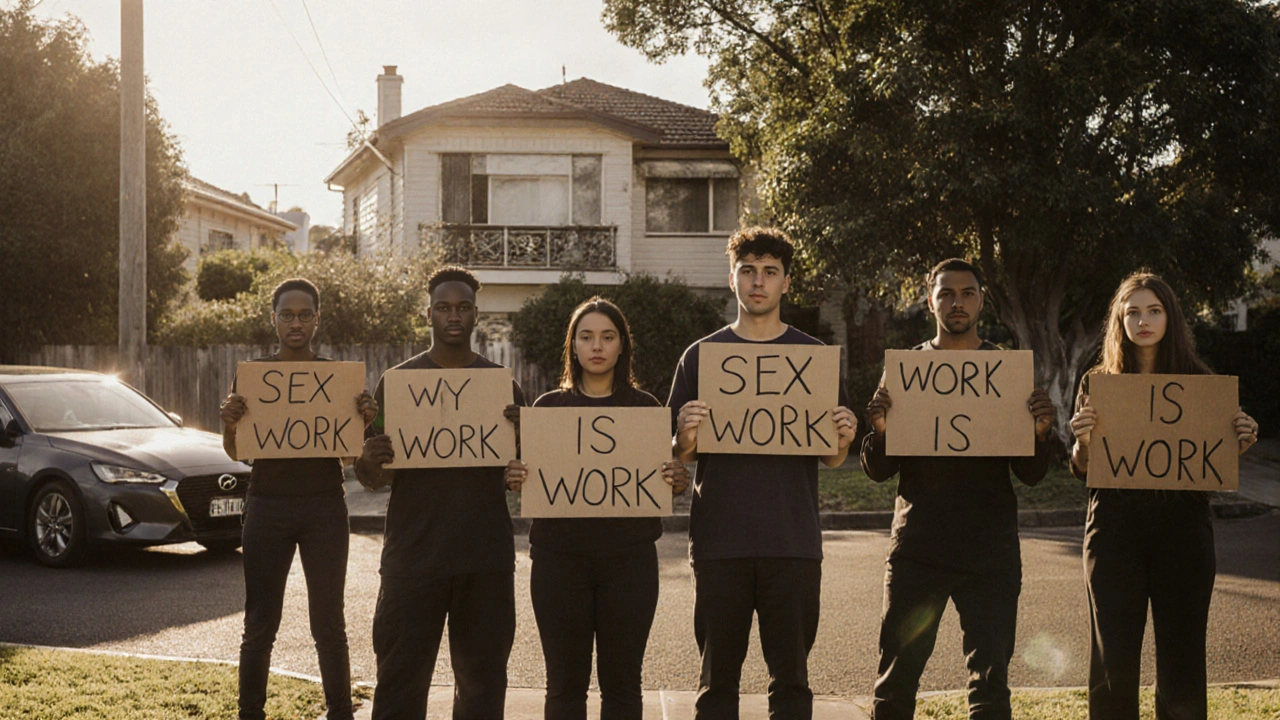
- Nov, 27 2025
- 0 Comments
Decriminalization vs Legalization of Sex Work: Understanding the Legal Models
Decriminalization and legalization of sex work are often confused, but they have very different impacts on safety, rights, and health. This guide explains how each model works and what the evidence shows about their real-world effects.
read more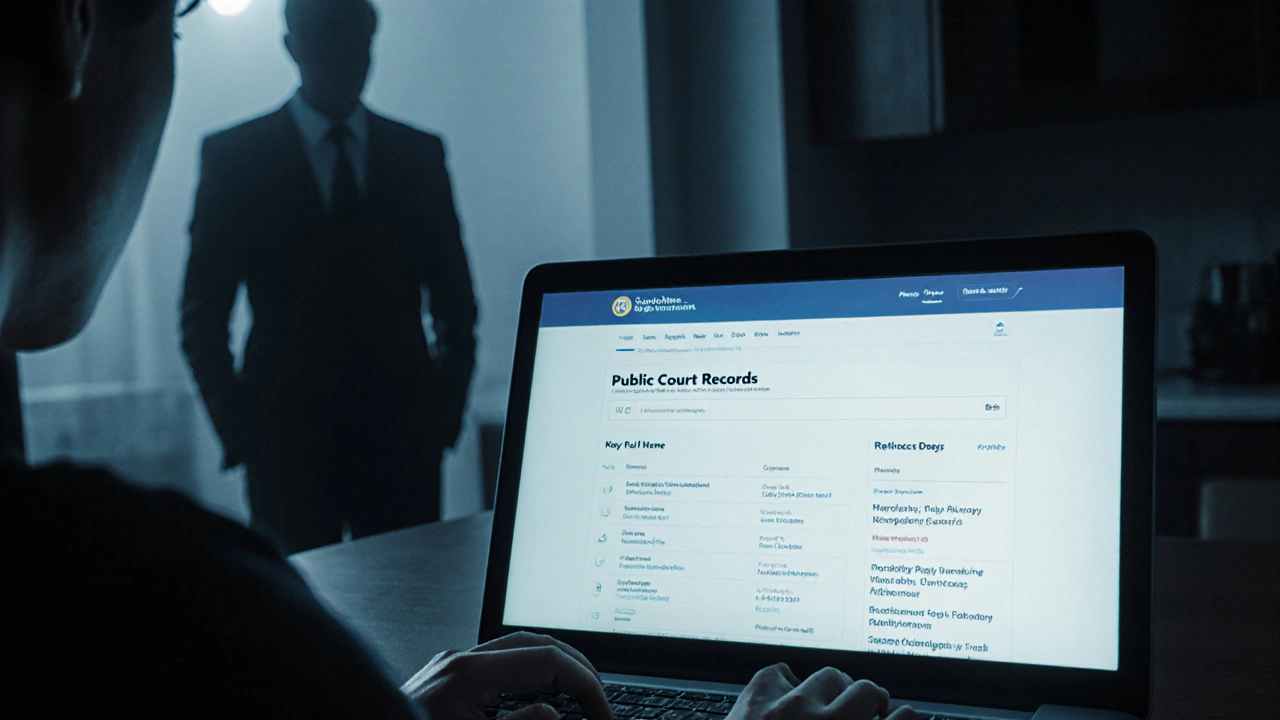
- Nov, 23 2025
- 0 Comments
Public Records and Privacy: How to Protect Your Identity in Sex Work Legal Cases
Learn how to protect your identity in sex work legal cases by sealing public records, requesting redactions, and removing your data from online databases. Privacy is not optional-it’s essential for safety.
read more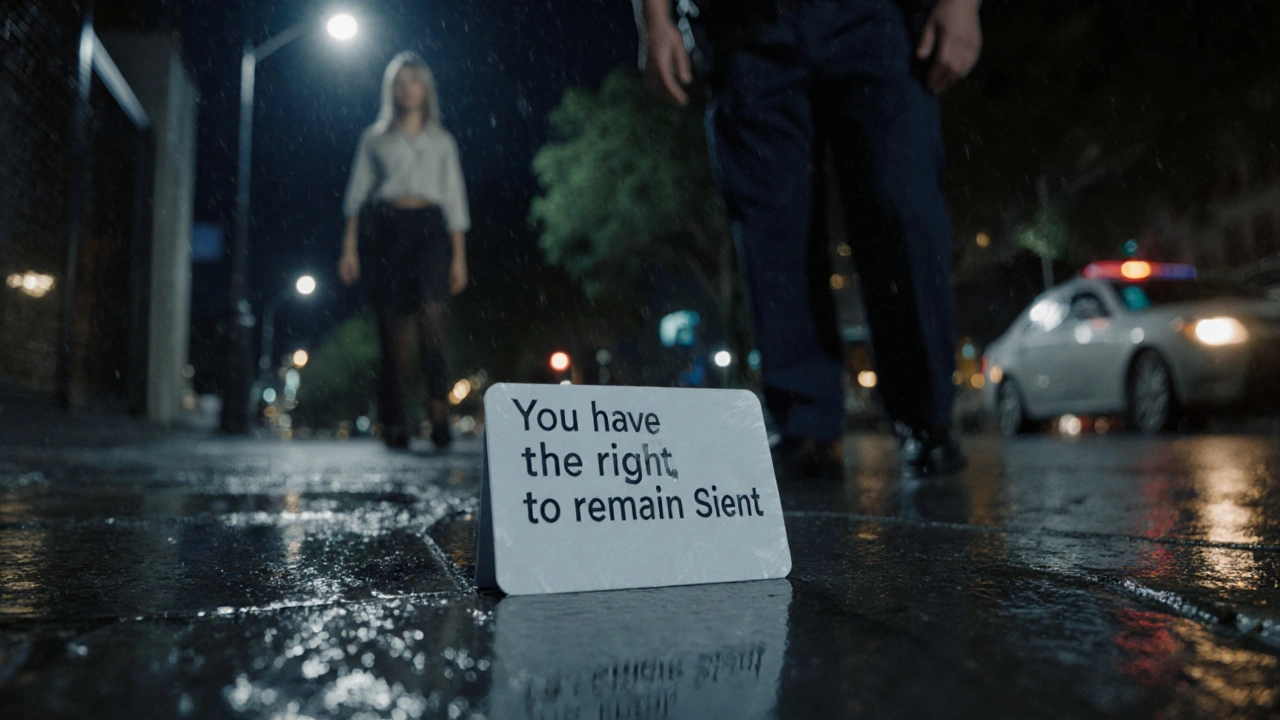
- Nov, 17 2025
- 0 Comments
Know Your Rights Cards for Sex Workers: Legal Information You Can Carry
Carry a simple legal card to protect yourself if stopped by police or confronted by clients. Know your rights as a sex worker-what you can and cannot do, and how to respond under pressure.
read more
- Nov, 17 2025
- 0 Comments
Condom Possession and Sex Work: How Laws Vary by Jurisdiction
Condom possession is still used as evidence against sex workers in many countries, increasing health risks. Laws vary widely-some places protect condom use, others criminalize it. Here's how jurisdiction shapes safety, legality, and public health outcomes.
read more
- Nov, 15 2025
- 0 Comments
Immigration Risks and Sex Work Laws: What Noncitizens Need to Know
Noncitizens engaging in sex work face serious immigration risks - including visa cancellation, deportation, and permanent bans. This guide explains the legal consequences, myths, and safer alternatives.
read more
- Nov, 12 2025
- 0 Comments
Civil Forfeiture Risks in Sex Work Cases: What You Need to Know
Civil forfeiture lets police seize your money, car, or phone without charging you with a crime. For sex workers, this means losing assets even when their work isn't illegal. Learn how it works and how to protect yourself.
read more
- Oct, 31 2025
- 0 Comments
Data Seizure and Phones: How Police Access Digital Evidence in Sex Work Cases
Police can seize your phone in sex work investigations and extract years of private data-even without a warrant. Learn how digital evidence is used, what you can do to protect yourself, and why this affects everyone’s privacy.
read more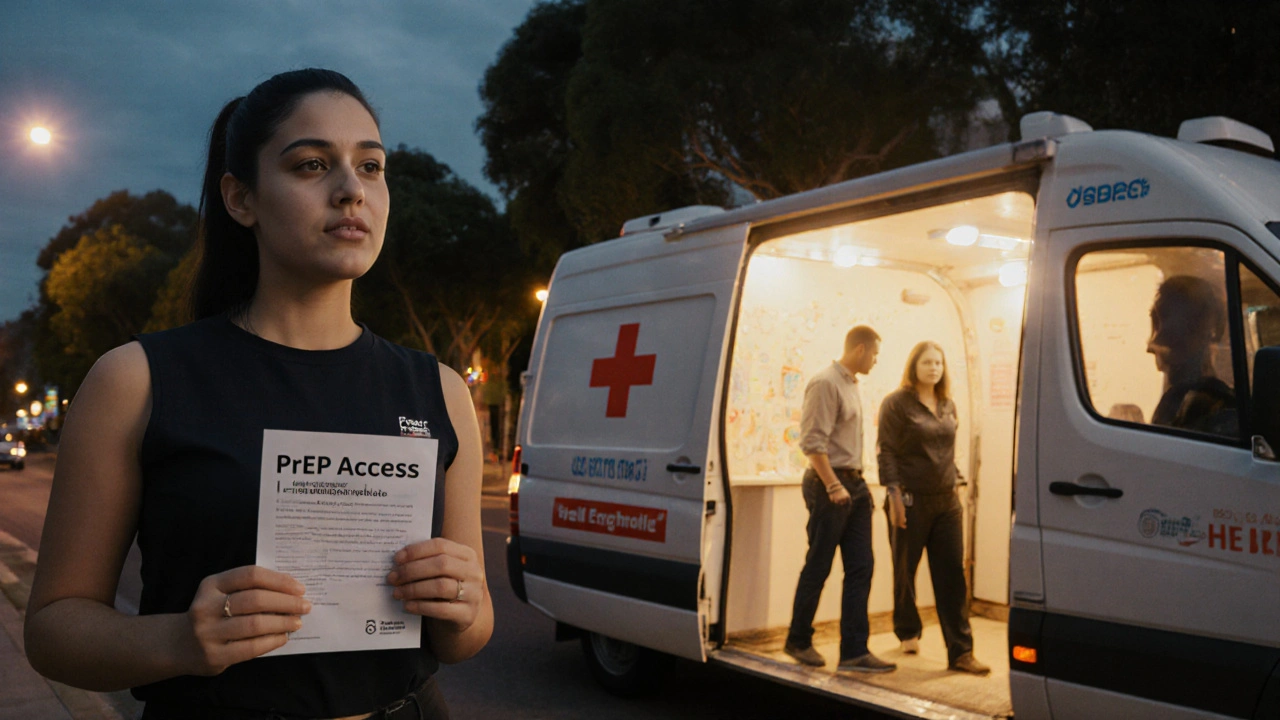
- Oct, 30 2025
- 0 Comments
Labor Rights and Sex Work: Health and Safety Standards in Legal Settings
Legal sex work doesn't automatically mean safety. This article explores how health and labor rights shape real-world protections for sex workers in countries where it's legal-and where systems still fail them.
read more